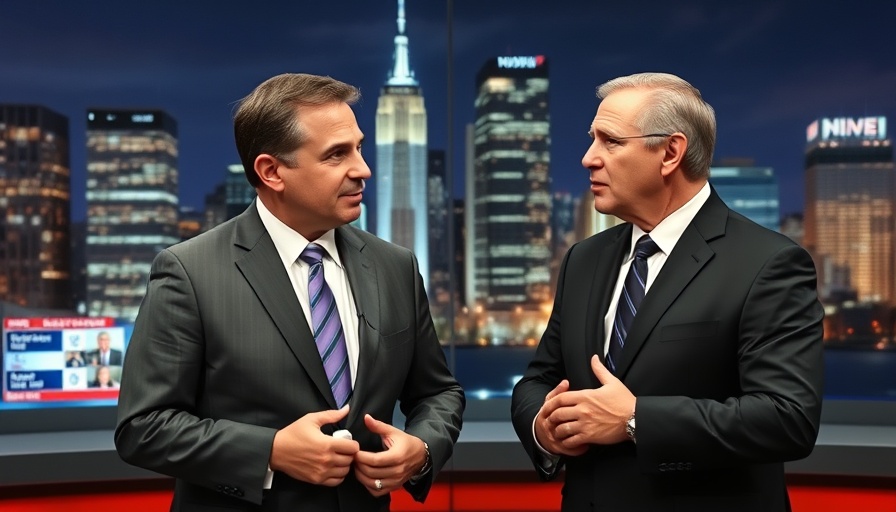
Introduction: Judicial Overreach and Its Implications
In a recent discussion, House Judiciary Committee Chairman Jim Jordan emphasized the critical issue of judicial overreach by federal courts. His strong stance highlights a growing concern among conservatives that unelected judges wield power that usurps the will of the voters. Jordan argues that nationwide injunctions granted by district judges not only dilute democratic processes but also set a dangerous precedent for future governance.
In 'Chairman Jordan on the Judicial Overreach of Federal Courts', the discussion dives into the critical issue of judicial authority and its implications for democracy, prompting us to analyze its broader impact.
The Battle Over Judicial Authority
Jordan articulates a compelling point: decisions made by a single district judge can affect millions of Americans, essentially superseding the collective decisions of elected representatives. "Who gets to decide?" he asks, framing the issue as a pivotal struggle between the electorate and the judiciary. This perspective resonates strongly with conservative voters who appreciate maintaining the integrity of democratic processes.
Legislative Solutions and Oversight
In response to this growing concern, Jordan advocates for legislation that would limit the reach of district court injunctions to only those involved in the case at hand, thus preventing sweeping changes across the nation. This legislative action aims to restore accountability and ensure that the power rests squarely in the hands of those elected by the American people. Jordan's commitment to oversight signifies a proactive approach to combat judicial overreach, ensuring that the checks and balances established by the Founding Fathers remain intact.
The Wider Implications on Democracy
This ongoing debate extends beyond legal technicalities; it's about the essence of American democracy. The ability to enact changes and policies through democratic means, such as voting for representatives, is paramount. When judiciary decisions can overturn popular will, it fuels a disillusionment with the political system and raises questions about the balance of power. Conservatives argue this reflects a broader war on democratic values, where unelected entities interfere with the establishment of laws intended to serve the public interest.
Concluding Thoughts
As the discussion unfolds on this critical issue, it highlights the importance of returning control to elected officials rather than leaving it in the hands of individual judges. For conservative voters, this is not merely an abstract legal matter; it is an essential question of self-governance. Jim Jordan's call to action pushes for a necessary change—a change conservatives believe is vital for ensuring that democracy, freedom, and lawful governance prevail in the face of judicial overreach.
 Add Row
Add Row  Add
Add 




 Add Row
Add Row  Add
Add 

Write A Comment